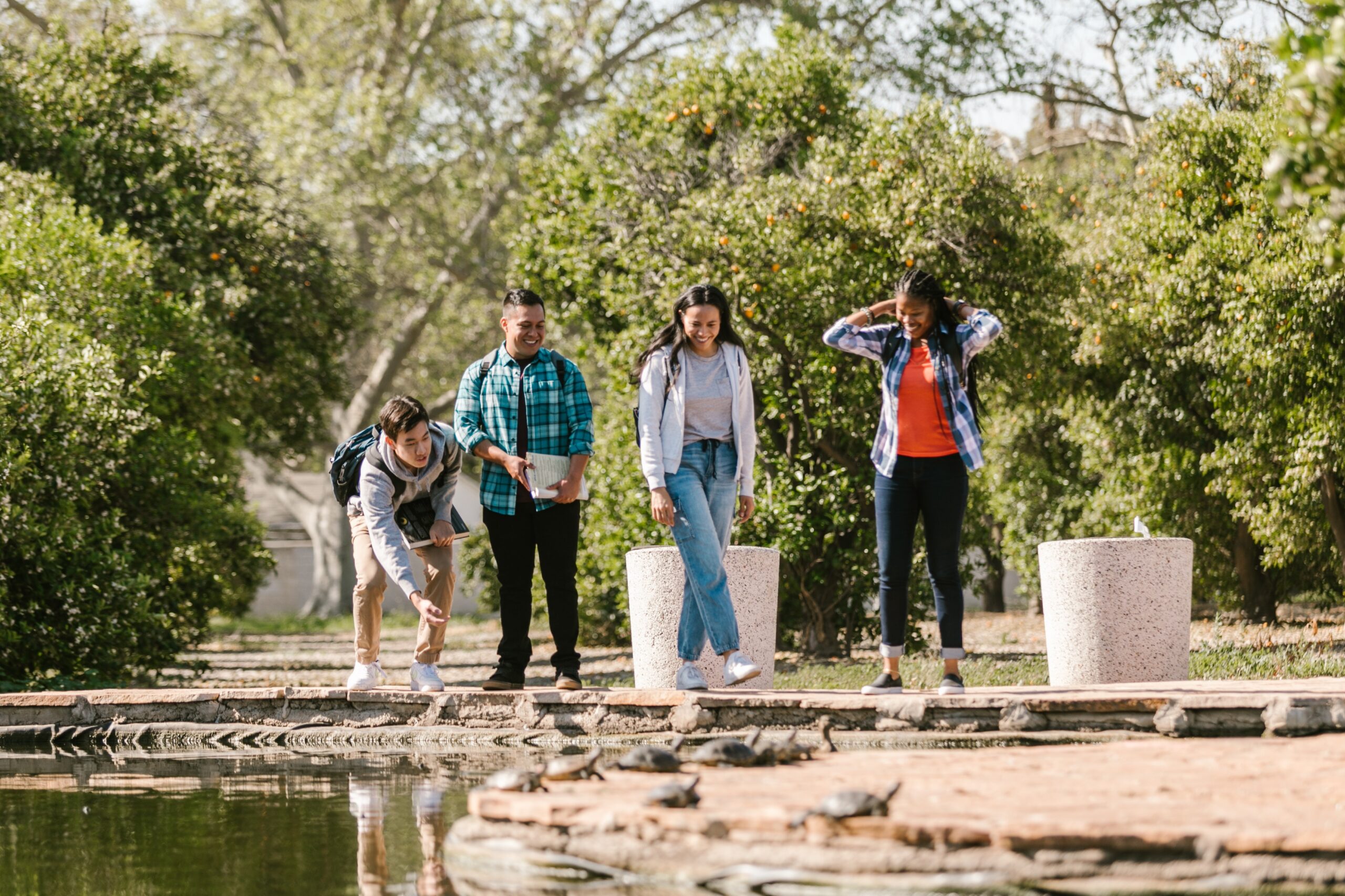
A Conversation You Should Have about Grit with Your Teens
By Tim Elmore
Max just told me about the project he completed for his Industrial Engineering class. This 19-year-old freshman at Louisiana Tech University had begun the assignment last semester. It was designed to help people in low-income communities enjoy sustainable living conditions. The project required skills in engineering, science, math, and lots of TLC. It was impressive.
What I loved most was Max’s countenance.
His face beamed with pride and satisfaction. The project brought out the very best in this young man. Max is smart and gifted, and it appeared this endeavor was a natural for him. So, I asked him how the experience felt as he worked on it.
“Was it fun?” I asked.
“Well, overall, yes. But not while I was in the middle of it,” he replied.
“Did it come easy for you?”
“Not at all,” Max groaned.
“Was it quick?”
“No way. It took months.”
His answers would typically signal the project was a drudgery, but in fact, Max loved it. Truth be told, every one of us can recall a time when we took on a mammoth project, worked through blood, sweat and tears, and felt fulfilled in the end. It felt like work in the moment, yet felt pleasurable in the end.
You Can’t Have All Three
As we work with students, especially adolescents, it’s wise for us to communicate something at the beginning of any endeavor. This conversation was inspired by a sales trainer, Jim Jarmusch, who once said about product design: “Fast, cheap, and good…pick two. If it’s fast and cheap, it won’t be good. If it’s cheap and good, it won’t be fast. If it’s fast and good, it won’t be cheap. We must pick two words to live by.”
We can translate this message for teens. Here is what we must communicate to them: We all want work projects to be fast, easy, and excellent. But we can’t have all three.
- If it’s fast and easy, it won’t be excellent.
- If it’s fast and excellent, it won’t be easy.
- If it’s easy and excellent, it won’t be fast.
But we usually cannot have all three.
Max learned this with his engineering project. Fortunately for him and the recipients who will enjoy the fruit of his labors, he chose to endure what was hard and slow but would turn out excellent. It’s funny, but it’s usually the work that’s arduous at the time that ends up deeply rewarding in the end. Pay now, play later. Play now, pay later.
Choosing Grit and Excellence
We don’t develop grit quickly or easily. In fact, any task that is quick doesn’t really cultivate grit. Any task that is easy doesn’t really cultivate grit. It is the slow and hard tasks that improve us. Grit grows when tasks are slow and hard. It demands we choose excellence as one of our three.
Do you remember Wilma Rudolph?
Wilma was born in 1940, one of 22 children in an African American family living in Tennessee. As a child, they just hoped Wilma would survive. She caught double pneumonia and struggled with scarlet fever; Wilma needed help making it through the day. Then at a young age, she contracted polio. At the time, there was no vaccination for it. She and her mother drove 100 miles each way to see a doctor who would treat black patients. Her doctors put her legs in braces and told her she would never walk again. Her mother said she would, and she chose to believe her mom. Wilma fought to live, to walk and later to run. She became so fast that as a 16-year-old, she qualified for the Olympics. She won a bronze medal. Four years later, she won three Olympic gold medals, breaking records in all three. She became the fastest woman in the world.
Even though she was fast, the process Wilma chose to endure was not.
- It was slow, not fast.
- It was hard, not easy.
- She was excellent, in the end.
Each of us must choose two of the three: fast, easy, or excellent. In our decision, however, we must remember that true rewards come when we choose excellent.
Would an event on this topic be helpful for your faculty or students? We now have an event we can bring to your campus called: “Growing Grit in Students.” Just click here to complete a form and get connected with a member of our team.






